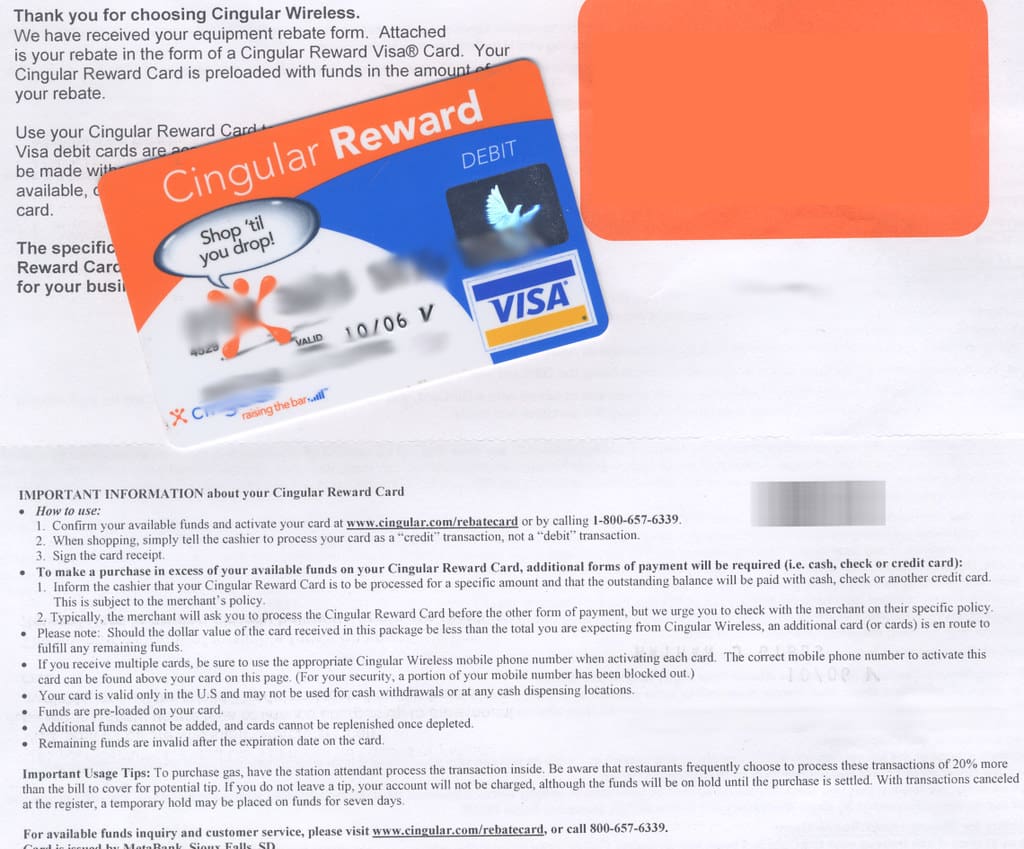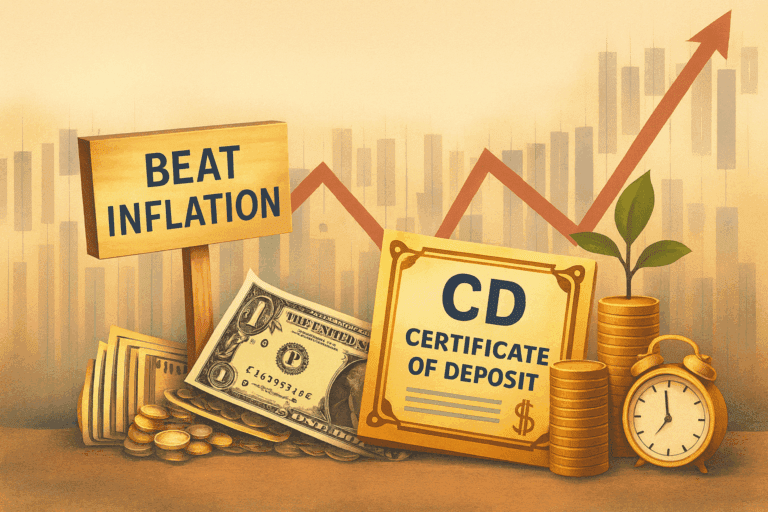With rising costs, trying to put more money away for savings may seem like an impossibility. However, there are many simple tactics you can use to build savings without sacrificing your lifestyle. Here are ten easy ways.
10. Stick to a Budget

A well-planned budget is essential. It clarifies what your nonnegotiable expenses are and what money (if any) you’ll have left over at the end of the month. Treat money towards savings as if it were a bill. Designate an amount you can meet every month and put it into savings as if you were making a required payment.
9. Automate Your Savings

When we have extra money, it’s always easy to find a justification for spending it on something we’d like to have. Protect yourself from this temptation by setting up automatic transfers from your checking account into your savings account each month. Treat it as a nonnegotiable expense like any other essential bill. Over time, you’ll gradually build substantial savings.
8. Reduce Subscriptions and Memberships

Evaluate the number of memberships and subscriptions you currently have. Are you using them enough to justify the cost? Are there any of them you can do without? Take the money from any of the memberships or subscriptions that you cancel and put the money into savings each month instead. It’s a seamless way to build savings.
7. Shop Smarter

These days, everyone should have shopping and coupon apps on their smartphones. You can get coupons to use at your favorite store or any store. The savings can be quite significant. Strategically plan your shopping to take advantage of sales and discounts. Buy generic brands for some items. Purchase frequently used items in bulk to save more.
6. Cook Meals at Home

Even though inflation has driven grocery prices sky-high, they are still much cheaper than dining out and will save you a significant amount of money. Plus, eating at home allows you to control the ingredients you consume and your portion sizes. You can eat healthier and cheaper. Consider bringing lunches made at home to work and save even more.
5. Reduce Energy Consumption

There are many ways to reduce your energy consumption. Switch to energy-efficient appliances. Replace old thermostats with newer automated energy-saving ones. Reduce the temperature on your water heater (it uses 18% of your home’s energy). Switch all your lightbulbs to LEDs. Unplug electronics. All of these small changes can lead to significant savings over time.
4. Embrace Minimalism

More stuff equals more problems and costs you money. It takes up space (that you may have to pay for or prevents you from downsizing). It has to be maintained. It has to be secured. Some stuff has to be insured. It’s better to rent (or borrow) things you only use occasionally. You’ll save money in the long run.
3. Utilize Rewards and Cash-Back Programs

This is something everyone should take advantage of. Get a rewards and/or cash-back credit card and use it to pay for everything you buy. Make sure to pay it off at the end of the month so that you don’t accrue any interest. You’ll be earning points or cash and helping your credit score at the same time.
Read More: How to Get $10,000 in Your Savings Account
2. Negotiate Expenses and Bills

Many of the things we purchase or pay for are negotiable. Whether it’s insurance, an automobile, furniture, cable or Internet, or rent. Even if the monthly reduction in any one service is only a little, it adds up over time. That money you would have spent each month can be deposited directly into savings.
Read More: What You Need to Know About the Costco Price Increase
1. Invest in Yourself

Investing in yourself is the best proactive move toward improving your long-term financial savings. Enhancing your education and skills will increase your odds of generating higher income. Even learning new skills outside of your current occupation opens up a potential side gig. By continually improving yourself, you increase your earning potential.
Read More: How Much Money Should You Save from Each Paycheck?







